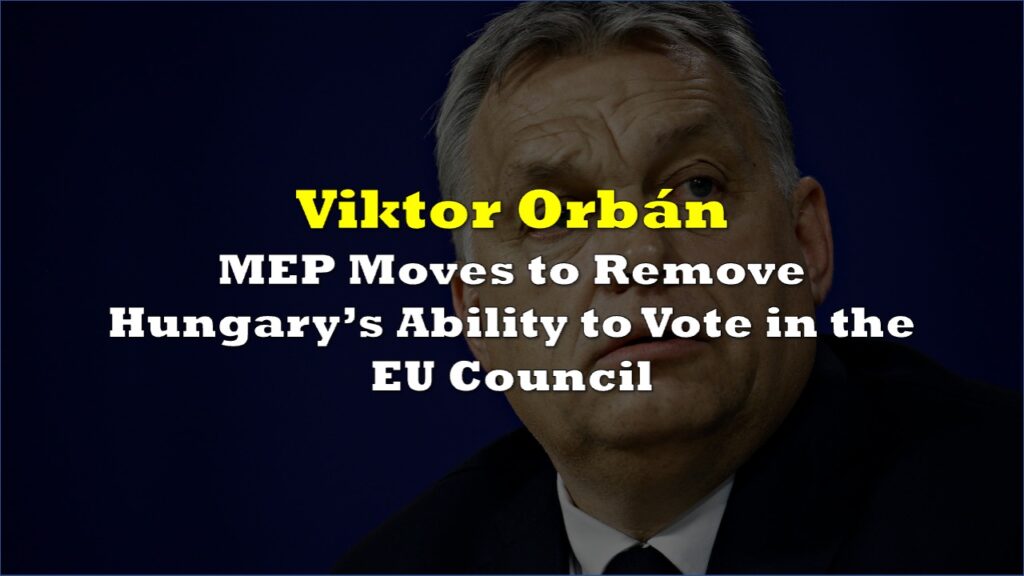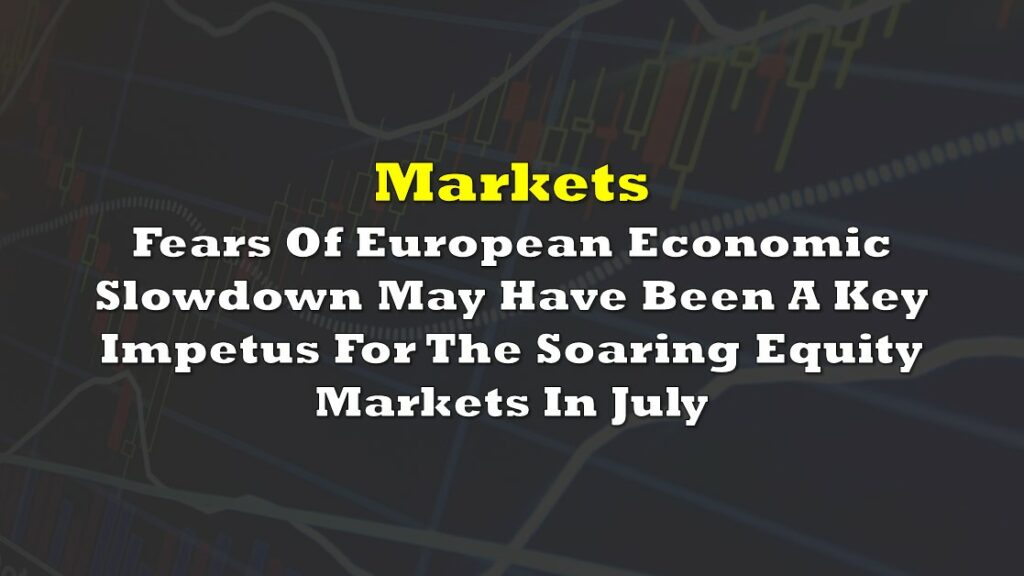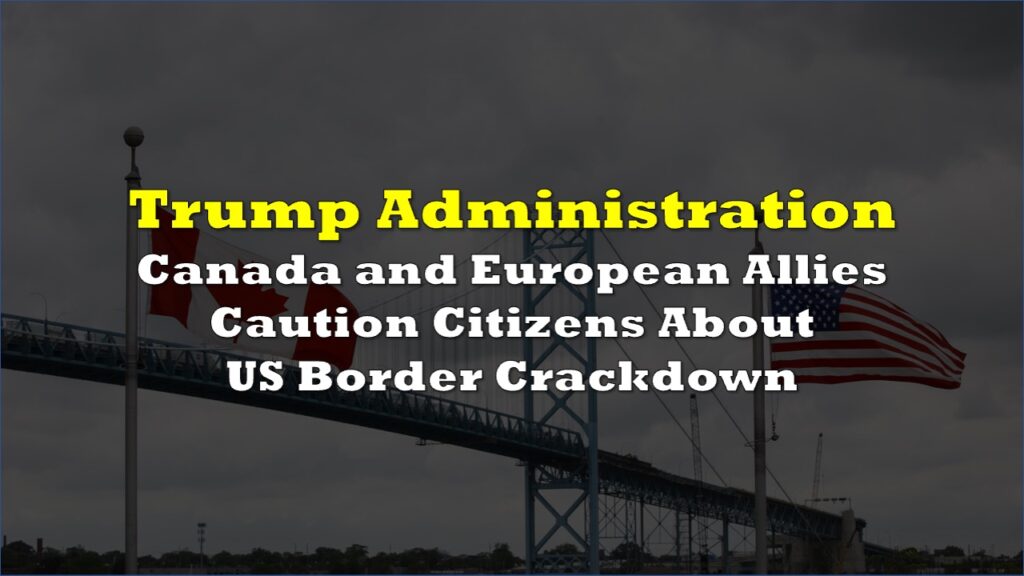Canada is reportedly on the verge of a landmark agreement to collaborate with the EU on expanding defense production, according to officials familiar with the discussions. One Canadian official with knowledge of the talks describes the effort as “a long-overdue realignment of our industrial capacities.”
Prime Minister Mark Carney, whose first overseas trip in office included stops in Paris and London, has underscored Canada’s “unique position as the most European of non-European countries.” He spoke at length over the weekend with Ursula von der Leyen, President of the European Commission, about bringing Canadian factories into the EU’s new military industry framework.
SCOOP: Canada is in advanced talks to participate in the new EU military industry project, highlighting how traditional US allies are teaming up to Trump-proof their military production. The budding deal would see Canada get EU contracts to build in Canadian factories.
— Matina Stevis-Gridneff (@MatinaStevis) March 19, 2025
The draft deal would see Canada’s industrial base partner with European manufacturers to develop and build defense products ranging from fighter jets to advanced technological systems. One potential beneficiary of this arrangement could be Saab, maker of the Gripen aircraft, which competes directly with the American F-35, produced by Lockheed Martin.
An EU planning document released this week specifically mentions Canada as a prospective partner to “further enhance trans-Atlantic security,” and officials confirm that advanced discussions are ongoing.
The European Commission has proposed billions of euros in loans and grants to stimulate defense manufacturing. Canada hopes to gain a preferential position in these plans, providing up to 35% of a project’s component needs, and possibly more if negotiations lead to a broader pact.
Since the onset of more unpredictable US foreign policy moves under President Donald Trump, Canadian officials have looked for ways to broaden the country’s defense relationships. The impetus has grown stronger as global tensions shift, with NATO allies expecting each other to increase military spending. Canada, which invests roughly 1.3% of its economic output in defense, is moving toward the NATO threshold of 2% and views deeper cooperation with the EU as a way to modernize its underfunded military sector.
Critics of the US administration say that Trump’s approach, including commentary implying Canada would be better off “simply becoming part of the United States,” has only hastened Ottawa’s resolve to seek alternative partnerships. Canadian factories have relied on American defense contracts for decades, but the shifting tone has introduced uncertainty.
Canada also recently announced a radar technology deal with Australia. Strategists view it as part of the country’s broader effort to widen defense ties beyond its traditional partner to the south.
Information for this briefing was found via The New York Times and the sources mentioned. The author has no securities or affiliations related to this organization. Not a recommendation to buy or sell. Always do additional research and consult a professional before purchasing a security. The author holds no licenses.









